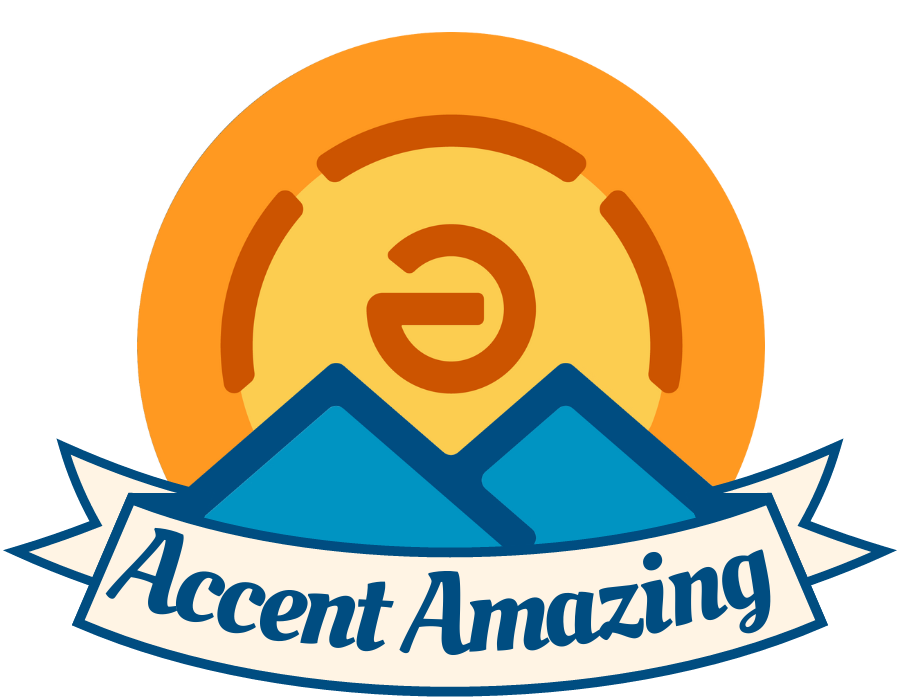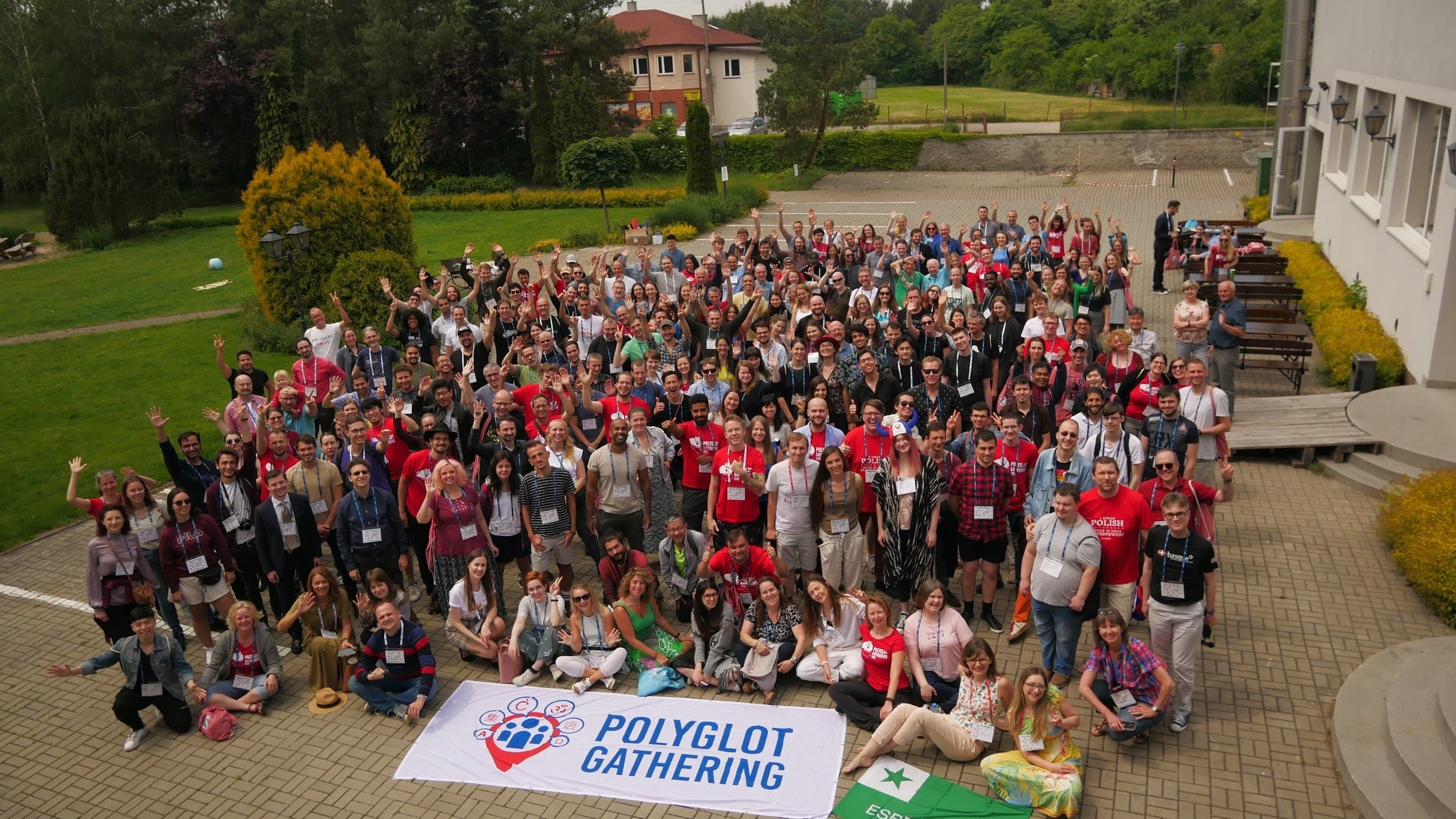Participating in the 2022 Polyglot Gathering in Teresin, Poland
From June 1–6 this year, I had the pleasure of participating in the 2022 Polyglot Gathering, the largest gathering of polyglots, linguists, and language educators in the world. This time, after 2 years of being solely online due to the pandemic, this years was held in a small village in Teresin, Poland. Since I'm often located in Poland, and since languages are kind of my thing, I decided to attend this year. In fact, I even submitted a talk proposal and was subsequently invited to be a speaker at the event!



This was a wonderful experience. I got to meet hundreds of other language enthusiasts and polyglots. Each participant spoke at least one other language and it was not uncommon finding people who knew 5-6 languages. The five days of talks, activities, and socializing went by quickly but not before I'd made numerous friends and learnt numerous things about all things related to languages. I was able to talk with others about topics that, outside the event, my conversation partners might at best be interested in but not able to comment on, and at worst be completely uninterested. However since we were at an event of like-minded but multilingual participants, we could talk freely and passionately about things like etymology, linguistic change, and crazy grammatical patterns.
I made friends with fellow linguists, polyglots, and language educators
I got to improve my own target languages as well. This was mostly in the form of Polish and Mandarin, although I also practiced some Korean, Serbo-Croatian, and a bit of Russian. Recently I have been working on my Slavic languages: Russian during the pandemic, Serbo-Croatian while living in the Balkans, and Polish while living in Poland. However, Mandarin, being my family's heritage language is something I know I should improve. Despite having a sort of passive fluency in Mandarin, my communicative ability in it is not up the standard I'd like. I befriended a group of Mandarin speakers and learners and spoke a lot of Mandarin, as well as deciding to improve it later on when I have more time. As for Polish, since I'll be in Poland for at least 4 more months this year, there will be ample opportunity to improve it while immersed in the culture.
Besides this, I also learnt cool things related to my target languages in various talks. There were various talks about Polish due to the larger number of Poles at the gathering, presumably due to the accessibility of the event being held in Poland. At these talks I learnt things like how the old Warsaw dialect sounded, how stress shifts in Polish, as well as the allophonic realization of Polish nasal vowels, all while improving my Polish since the talks were conducted in Polish!






Finally, I also learnt a few things for my own business area: accent reduction & modification, and pronunciation training. There were two talks directly related to phonetics and accents besides mine, both of which I attended. In the talk about phonetics, besides corroborating my knowledge of the International Phonetic Alphabet and the place, manner and phonation of different symbols, I also learnt about the interesting history of the transcription system from its early days as a very strange looking hodgepodge of symbols to its current form.
In the accent lecture, the accent coach described methods how he classified different sounds. For example, sounds that students may need to be aware of are the eXact, eXotic, and uneXpected sounds, where eXact sounds are sounds that are exactly the same in both the student's native language and the target language; eXotic sounds are the sounds that the student knows are different in the target language and don't exist in the student's native language; and finally the uneXpected sounds are sounds that are unexpectedly different and the student does not know are different. It is the last category of sounds that students benefit the most from in coming to an accent and pronunciation coach like me because I can actually pinpoint what is different and incorrect that the student might not have otherwise known.
One of the earlier iterations of International Phonetic Alphabet
Of course I also gave my own talk on improving one's pronunciation and accent as well. In this talk I gave several tips on how to listen to other people's accents and analyze them to understand how their native language functioned so that you can improve your own pronunciation. This overall was a great experience as well. I had previously given public speeches a few times, but the nerves always get you. Thankfully, it gets better every time. Although the audience this time was by far the biggest I'd ever spoken to, I gave the talk on the last full day of the conference, so by that time I had got to know many people, many of whom were attending my talk. This made the audience seem much friendlier, although in general the Polyglot Gathering group is a friendly group. They are excited to be there, and the fact that many of us knew each other just helped it become easier to give my talk. Check out my talk here:
Overall the 2022 Polyglot Gathering was an amazing experience, socially, cognitively, and professionally. I improved my languages, learnt new skills, and most importantly joined a community of others who love languages like I do. As I write this, the 2022 Polyglot Gathering, the first that I've attended has concluded, but I know that it will not be the last I’ll attend.
Group photo of (most of) the Polyglot Gathering 2022 attendees. You can see me on the bottom left




